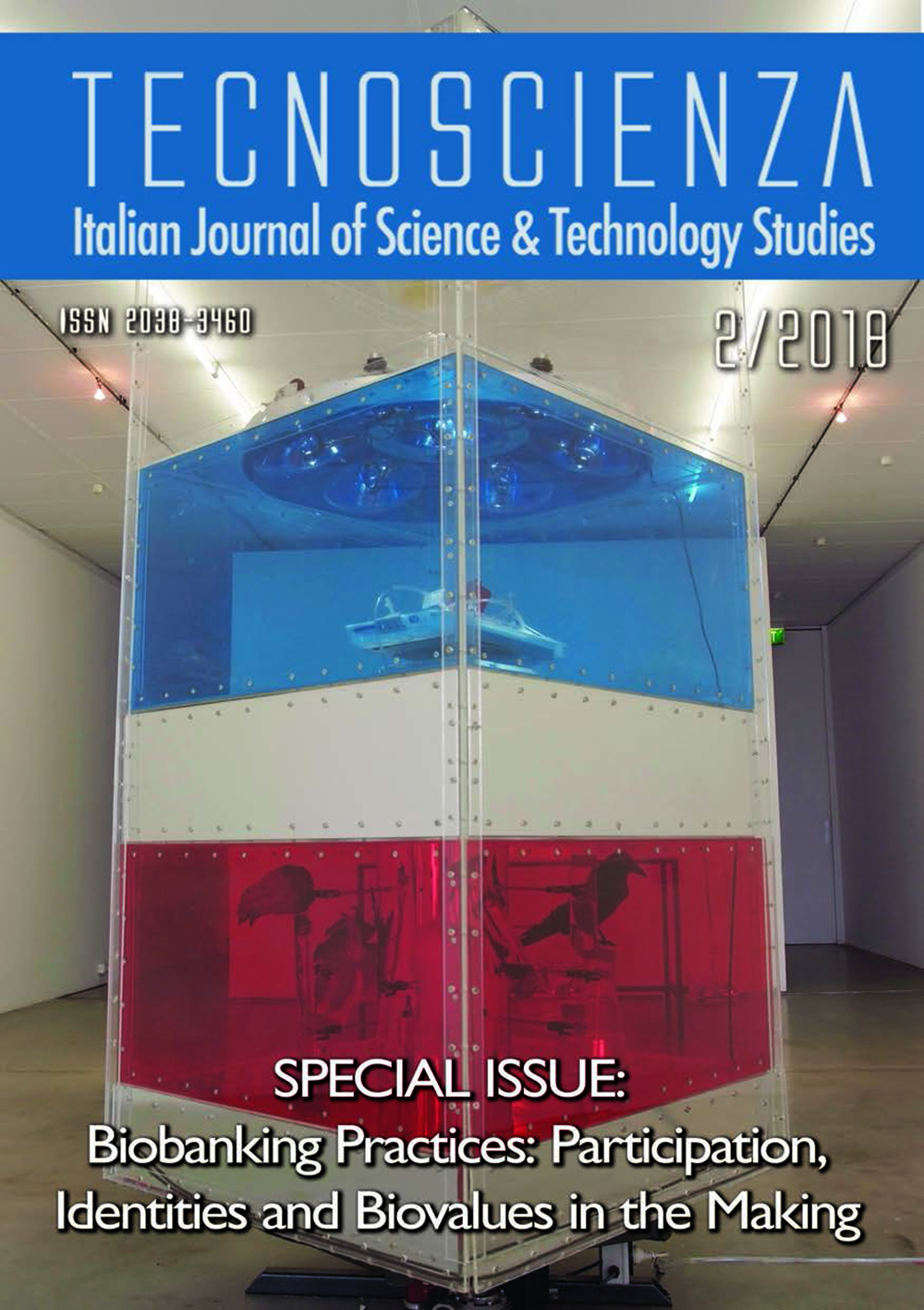Collective Biopolitic. The Rights of Indigenous Peoples in Genetic Research
DOI:
https://doi.org/10.6092/issn.2038-3460/17417Keywords:
indigenous, biobanking, biopolitics, genetic, collective, biopowerAbstract
This essay considers issues implicated in biobanking with indigenous peoples, a population increasingly recognized as having a collective right to participation under international law (e.g., the United Nations Declaration on the Rights of Indigenous Peoples (2007)). In contrast, prevailing notions of participation within the field of human rights (including the right to health) presuppose an individualist notion of citizenship. This essay compares the indigenous collective right to participation with “molecularized biopower”, the theory that biopolitics in modern democracies is becoming increasingly individualized in an unprecedented way. Using a US biobanking case study, this essay argues that two aspects of the indigenous collective right to participation (i.e., self-determination and the “empowerment” framework), not only counter the claim for a pervasively individualized biopolitics, but also demonstrate the importance of collective rights for indigenous participation in genetic research generally.





